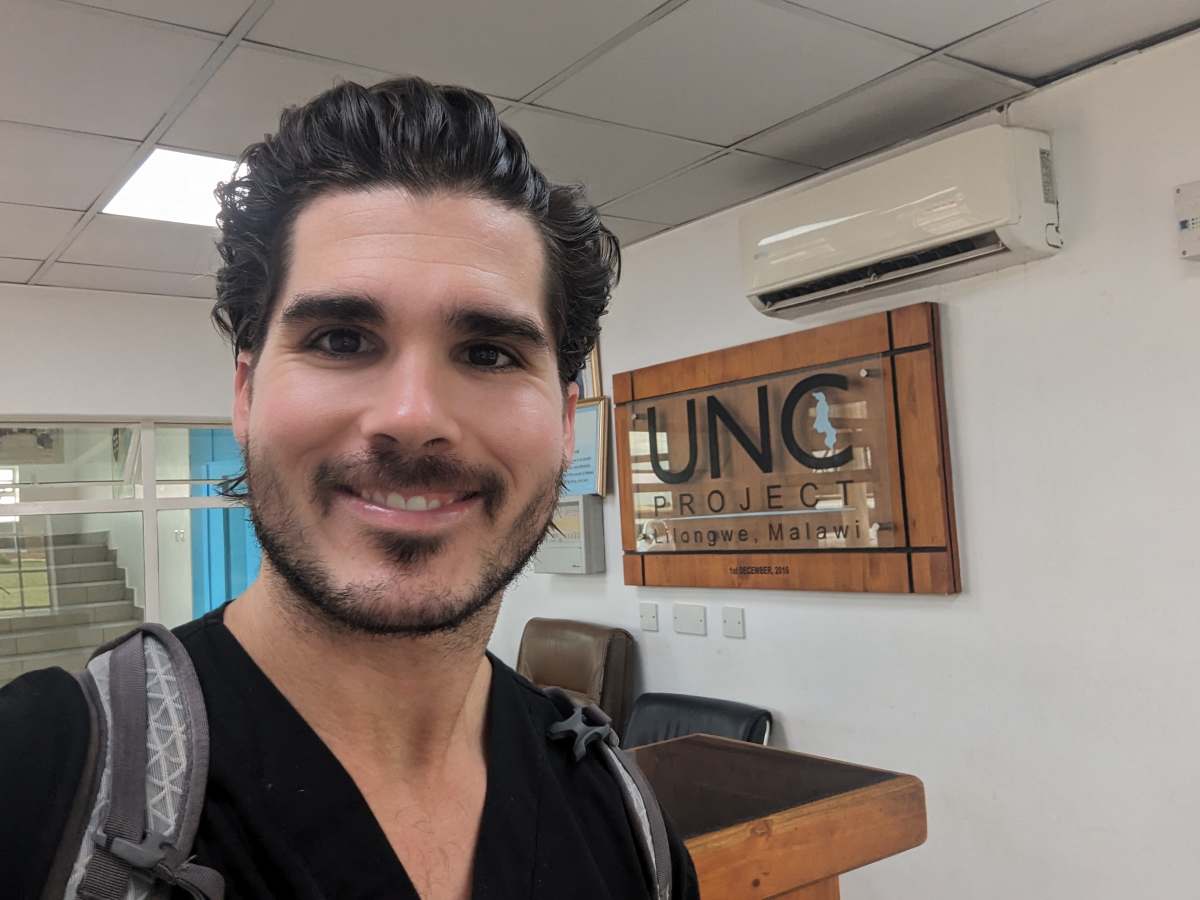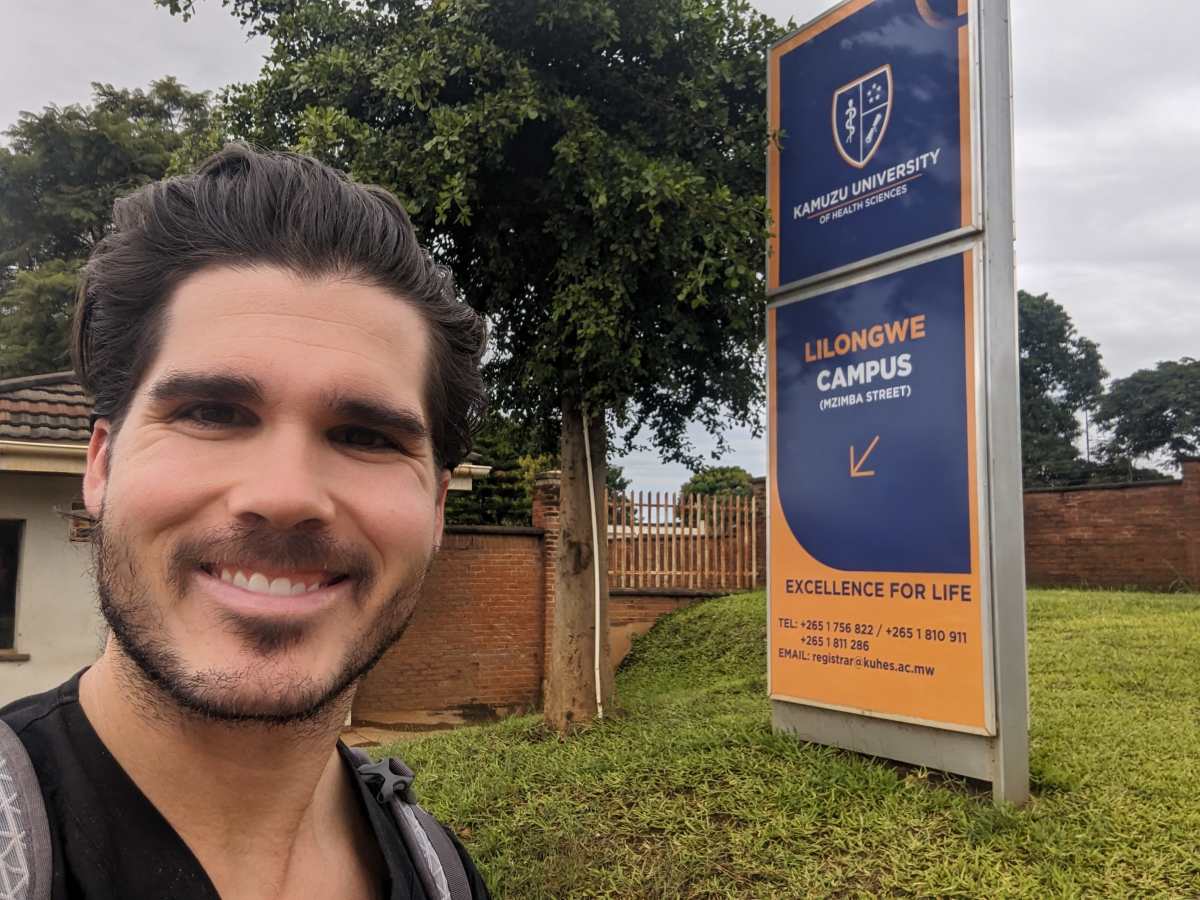I will be heading to Malawi, Africa to teach Emergency Medicine to the medical registrars and staff at one of their largest hospitals, Kamuzu Central Hospital. Emergency Medicine is not an official medical field in most parts of Africa, however, they obviously see a wide range of medical and traumatic emergencies, and most do not have any formal training on the topics. By spending two weeks teaching them Emergency Medicine I believe they can carry it forward to most importantly serve their patients, but also continue to teach new learners to increase overall outreach. I will be teaching on the medical wards, giving lectures, and doing hands on training such as point of care ultrasound.
As discussed above, the main beneficiaries of the medical providers learning Emergency Medicine is certainly the patients. Emergency Medicine is a unique field that is quite important in austere environments and low resources communities, and by educating them (as opposed to just providing resources) the impact for the local communities and medical providers will be greater and longer lived. KCH hospital serves a large encatchment area, which includes an almost exclusively rural and underserved population. This hospital has a working relationship with University of North Carolina, Chapel Hill, where I completed residency and has helped facilitate approval of the project. The patients of low resource African communities deserve basic urgent/emergency care, just like we do here in the states, and luckily, most of it can be done with medical logic and an ultrasound.
As alluded to above, the expected impact of hands on education, using multiple modalities, and only with the resources they have available to them is that it will foster a new curiosity and understanding in managing medical/traumatic emergencies. I hope this will lead to either a more formal curriculum for their medical trainees, or at least continued independent learning on said topics. This will benefit their patients directly, and also the medical professionals I work with will continue to pass along the knowledge that they will hopefully gain by working with me. This effect will hopefully be long lasting, and could potentially lead to a more robust relationship in the future.








Teaching in Malawi was a great success!
I was heavily involved in teaching medical students, their clinical officers (residents) and attending physicians. Each afternoon we held simulations and ultrasound sessions with the anesthesia trainees (who also practice in ICU settings), in addition to lectures on topics such ECGs, heart failure, chest x-ray interpretation, CPR, airway management, etc.
The education provided to the trainees and clinical officers was well received and we were able to fill in many educational gaps. I am hopeful that this education will help provide safer and more evidence based medical care to their patients. The team was also able to deliver many medical supplies including sustainable 3D printed video airway equipment and further simulation materials to help advance their practice.
I am grateful for the opportunity and it was truly an amazing and gratifying experience.